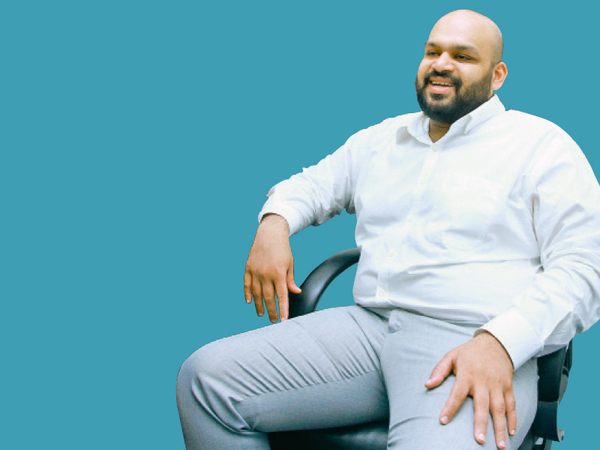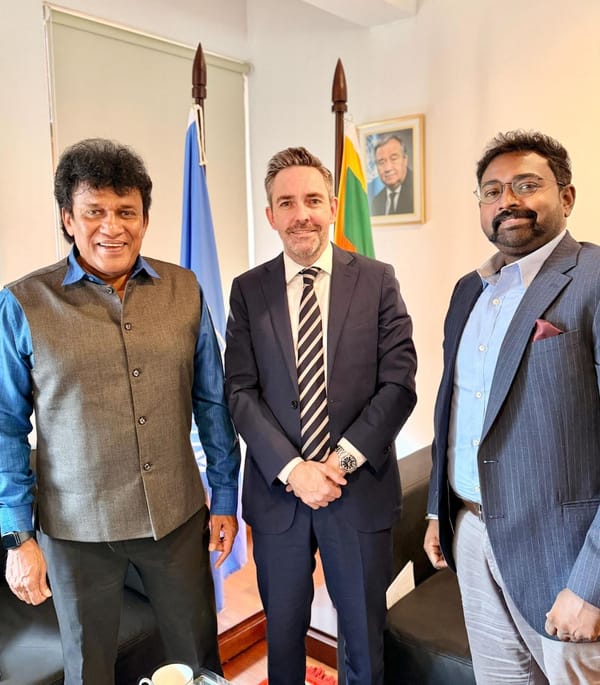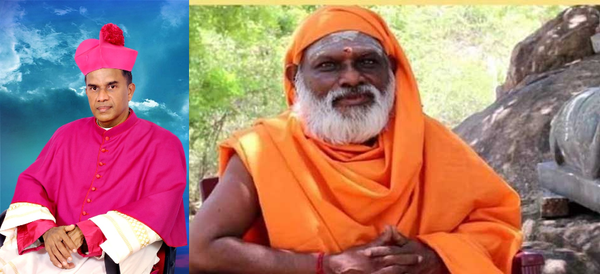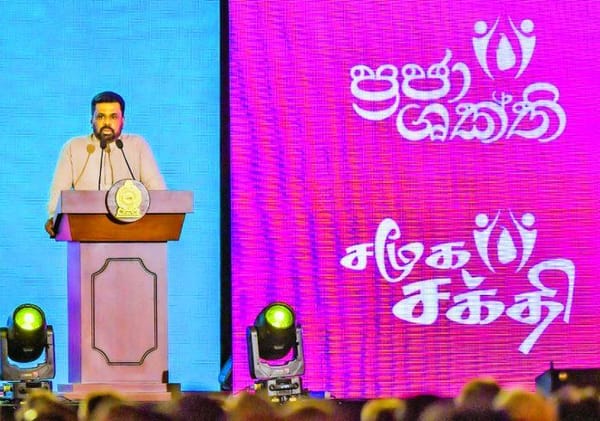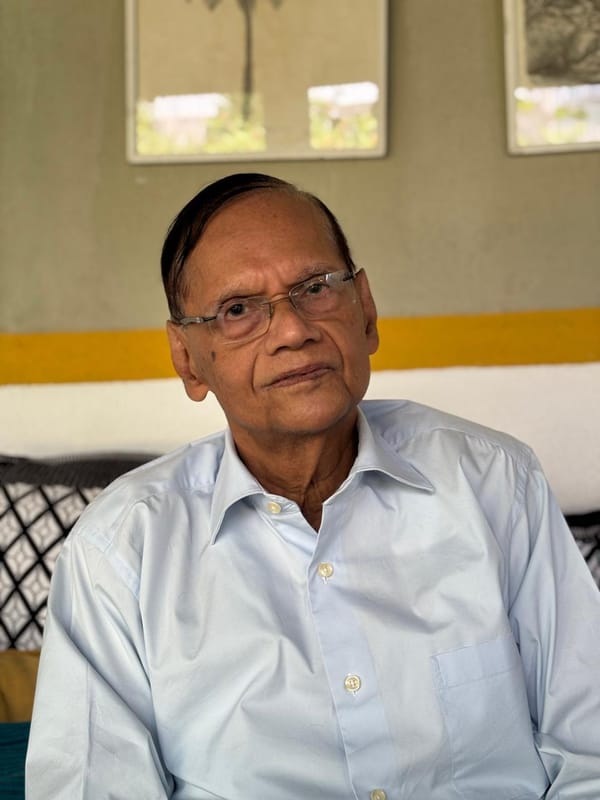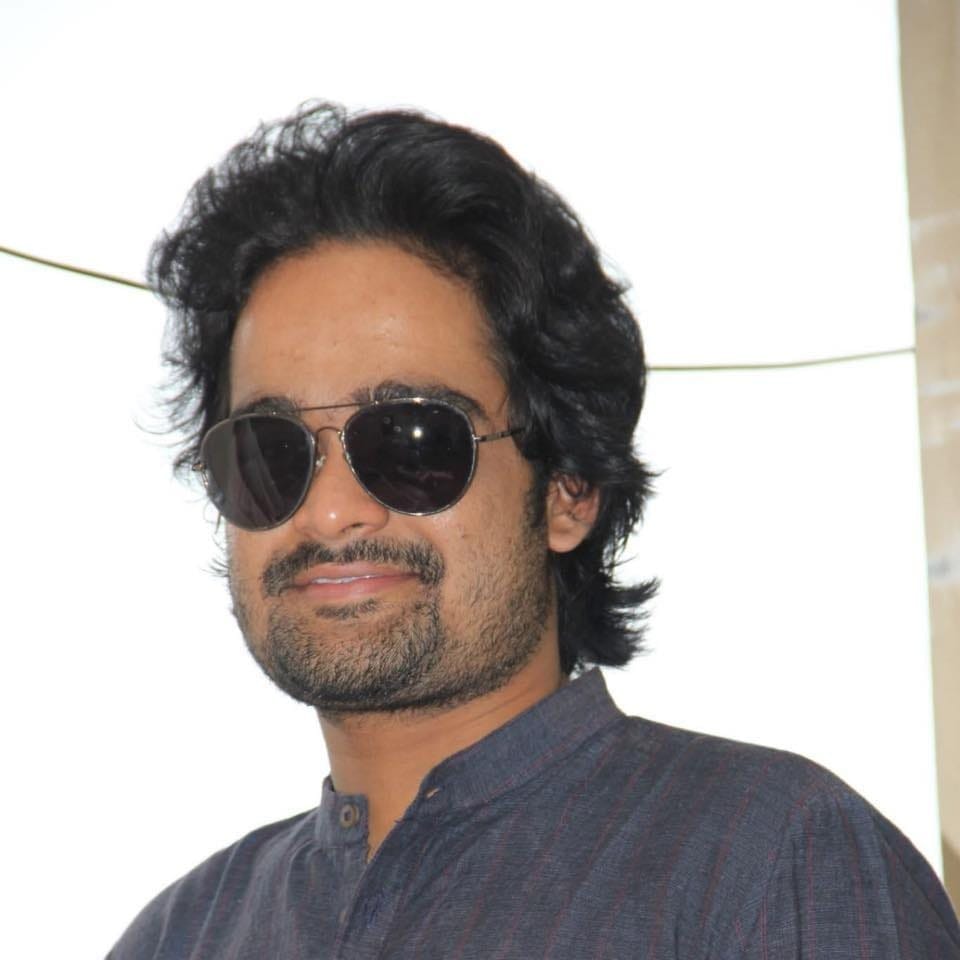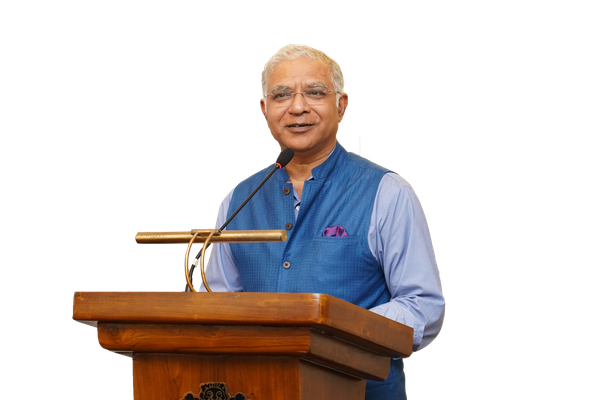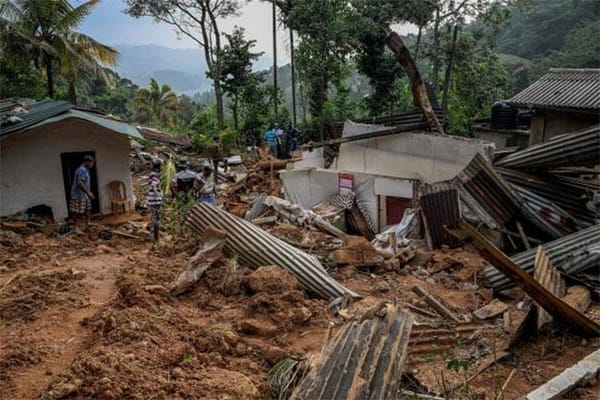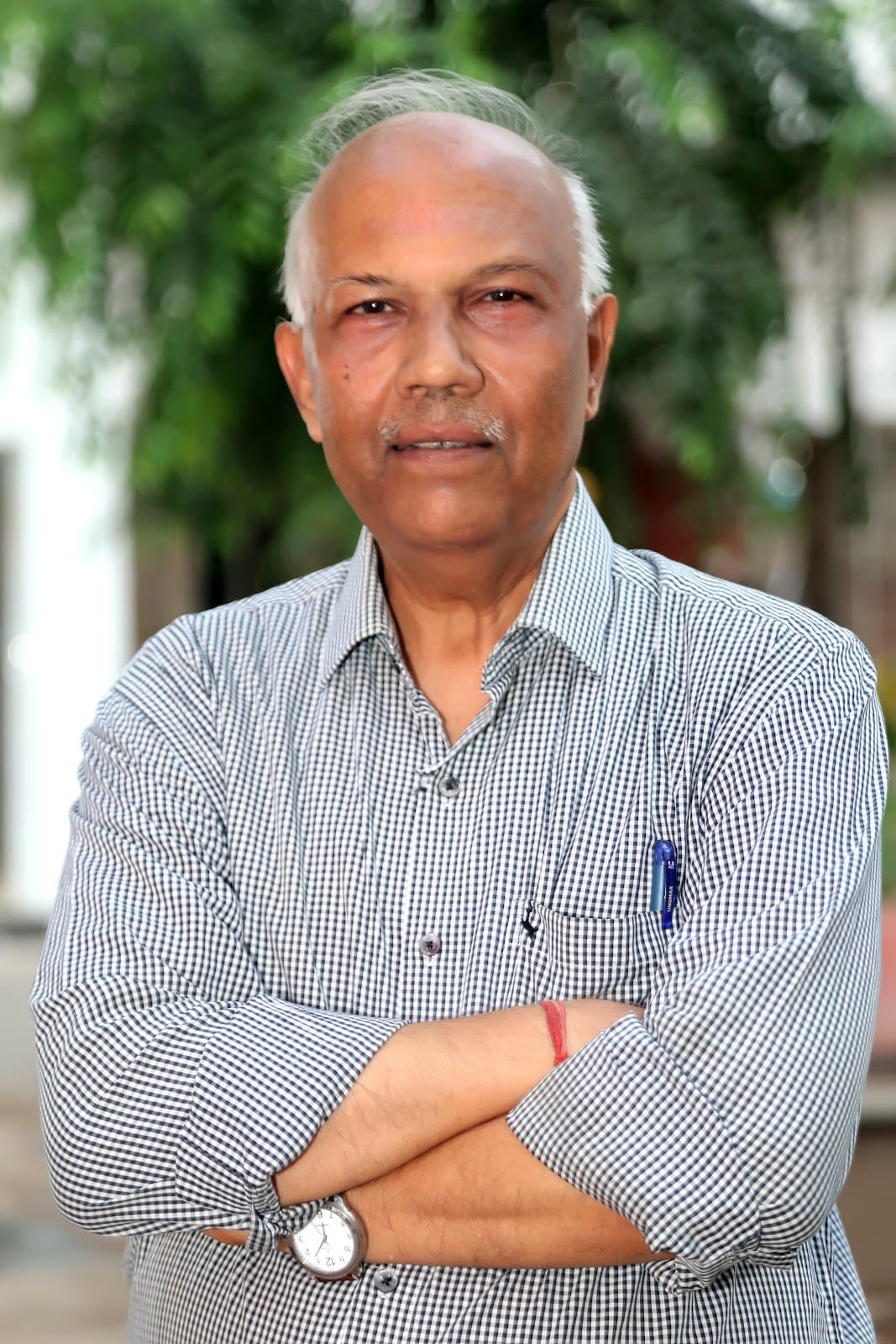What some political observers described as a “naïve question,” Batticaloa District parliamentarian Shanakiyan of the Ilankai Tamil Arasu Kachchi (ITAK) recently asked in Parliament whether JVP General Secretary Tilvin Silva had effectively become the country’s President. His query came during the debate on the motion to approve a trade agreement with the United Arab Emirates, where he noted that Silva’s pronouncements often contradict those of President Anura Kumara Dissanayake, yet still emerge as the government’s official line. “If so,” Shanakiyan asked with mock innocence, “who really holds the presidency of this country?”
In Colombo’s corridors of power, the question sparks smirks rather than shock. The whispers are almost louder than the speeches: insiders joke that Tilvin Silva, without crown, sash, or even a single ballot, is the man with the remote. The President may sit at the head of the table, but, as political wags put it, someone else seems to be changing the channels.
Shanakiyan’s intervention also underscored the growing confusion surrounding the Provincial Council elections. President Anura Kumara has assured the public that polls would be held before the end of the year. Prime Minister Harini Amarasuriya, according to ITAK’s M.A. Sumanthiran, suggested they would take place under the old, suspended law. Cabinet Spokesman Nalinda Jayatissa indicated they would likely be conducted early next year. Yet in Jaffna, it was Tilvin Silva who declared that elections could only be held once the boundary demarcation process was complete — a position subsequently echoed in Geneva by Foreign Minister Vijitha Herath.
That progression — where Silva’s line in Jaffna became the government’s line abroad — has left many, including Shanakiyan in Parliament, openly questioning who truly sets the course of this administration. If what Tilvin Silva says is implemented as policy rather than the President’s own word, Shanakiyan argued, then it is natural to wonder who really holds the office of President in Sri Lanka.
Shanakiyan also broadened his speech to address what he described as the state’s continued refusal to engage with the Tamil people. “This government has been in power for one year,” he said. “In that time, it has signed agreements abroad but failed to reach even a basic understanding with its own Tamil citizens.” He argued that, despite changes of regime, the denial of justice has remained the constant reality for Tamils for more than sixteen years. The NPP, he charged, is now signalling the same trajectory.
Shanakiyan dismissed what he described as the government’s “development showcase” during recent visits to the North. Just like the Rajapaksas before him, the President has been cutting ribbons at sports grounds and inaugurating infrastructure projects. But Tamil expectations, he argued, go far deeper. “Our people demand justice for the atrocities committed, investigations into genocide, punishment of perpetrators, and above all, a permanent political solution,” he told Parliament. “Playgrounds and promises cannot substitute for accountability.”
He also criticised Foreign Minister Vijitha Herath’s statement at the 60th session of the UN Human Rights Council in Geneva, in which the minister dismissed international intervention as unacceptable. For Shanakiyan, this was not only a rejection of Tamil aspirations but also a declaration of intent. “The Tamil people believe that only with international oversight can truth be established and justice delivered. If this government chooses to deny that, it will only repeat the betrayals of the past,” he said.
Shanakiyan concluded his speech with what sounded like a warning: by refusing to listen, the government risks provoking even greater opposition from Tamils. Months have passed since he first sought an official response to these concerns, he added, but in the end, the silence itself has become an answer.
Behind Closed Doors With the President
Jaffna Monitor has learned from credible parliamentary sources that President Anura Kumara Dissanayake held a private half-hour discussion with Shanakiyan inside Parliament, shortly after the MP’s speech questioning who truly holds presidential authority in Sri Lanka.
According to these sources, Shanakiyan pressed the President on the government’s handling of Provincial Council elections, pointing to conflicting public statements about whether polls would be conducted before or after boundary delimitation. He also raised the sensitive question of whether the President himself was fully aware of the announcements being made in his government’s name.
Sources further told Jaffna Monitor that Shanakiyan raised concerns about the conduct of Leader of the House and Transport Minister Bimal Rathnayake. He is said to have told the President that Rathnayake’s public attacks — including calling ITAK General Secretary M.A. Sumanthiran a “racist” — had undermined reconciliation efforts. Shanakiyan reportedly went further, accusing Rathnayake of deliberately stalling Indian-funded development projects such as the Kankesanthurai port, thereby straining relations with New Delhi.
“At a time when India has extended $4.2 billion in emergency assistance, creating unnecessary friction with a supportive neighbour is dangerous,” Shanakiyan is believed to have warned. The President, while avoiding direct comment on the allegations against Rathnayake, assured him that his government would not jeopardise relations with India. “We need India’s support for our economy. We will act in cooperation with them,” he reportedly said.
The discussion also touched on the stalled proposal for a dedicated foreign development fund for the North and East. The President acknowledged the delay, asked the relevant parties to liaise with him directly, and promised to revive the initiative. He is said to have requested patience: “Give me one more month. I will introduce major changes and take decisive steps.”

